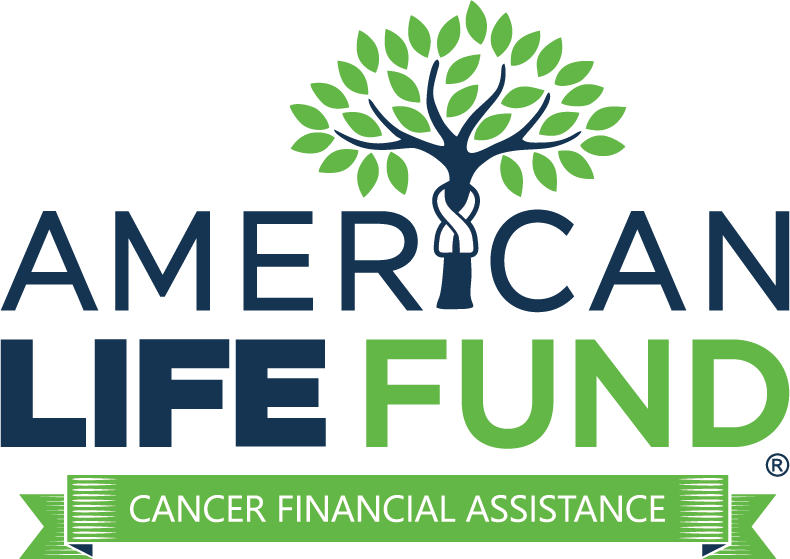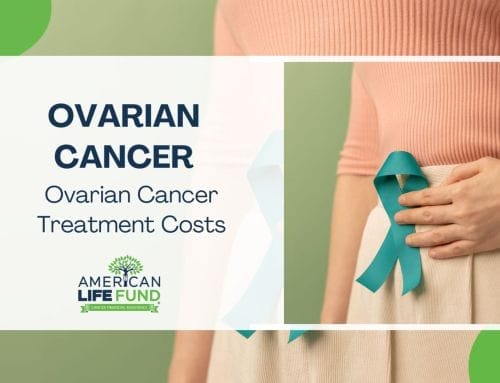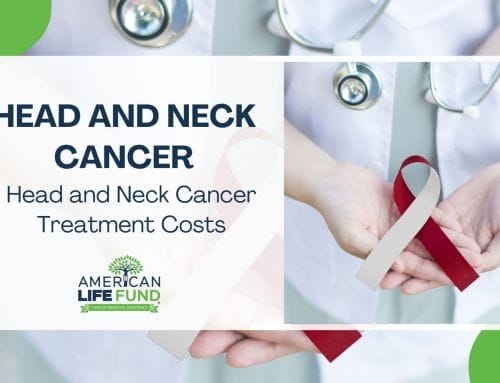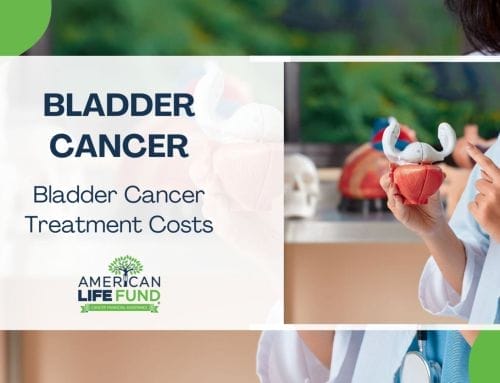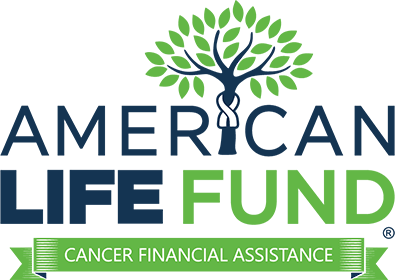Cancer is a devastating disease that impacts millions of people each year and can quickly deplete patients’ bank accounts who need expensive treatments. Cancer treatments can be very expensive, and many people cannot afford to pay for them. It can also take time to match a patient’s diagnosis and needs with financial resources. If you or a loved one has been diagnosed with cancer, you may be wondering how to afford cancer medications.
This blog post will discuss how to pay for cancer drugs. We will provide information on various programs and resources that can help you cover the cost of treatment. We hope that this information will help you get the care you need.
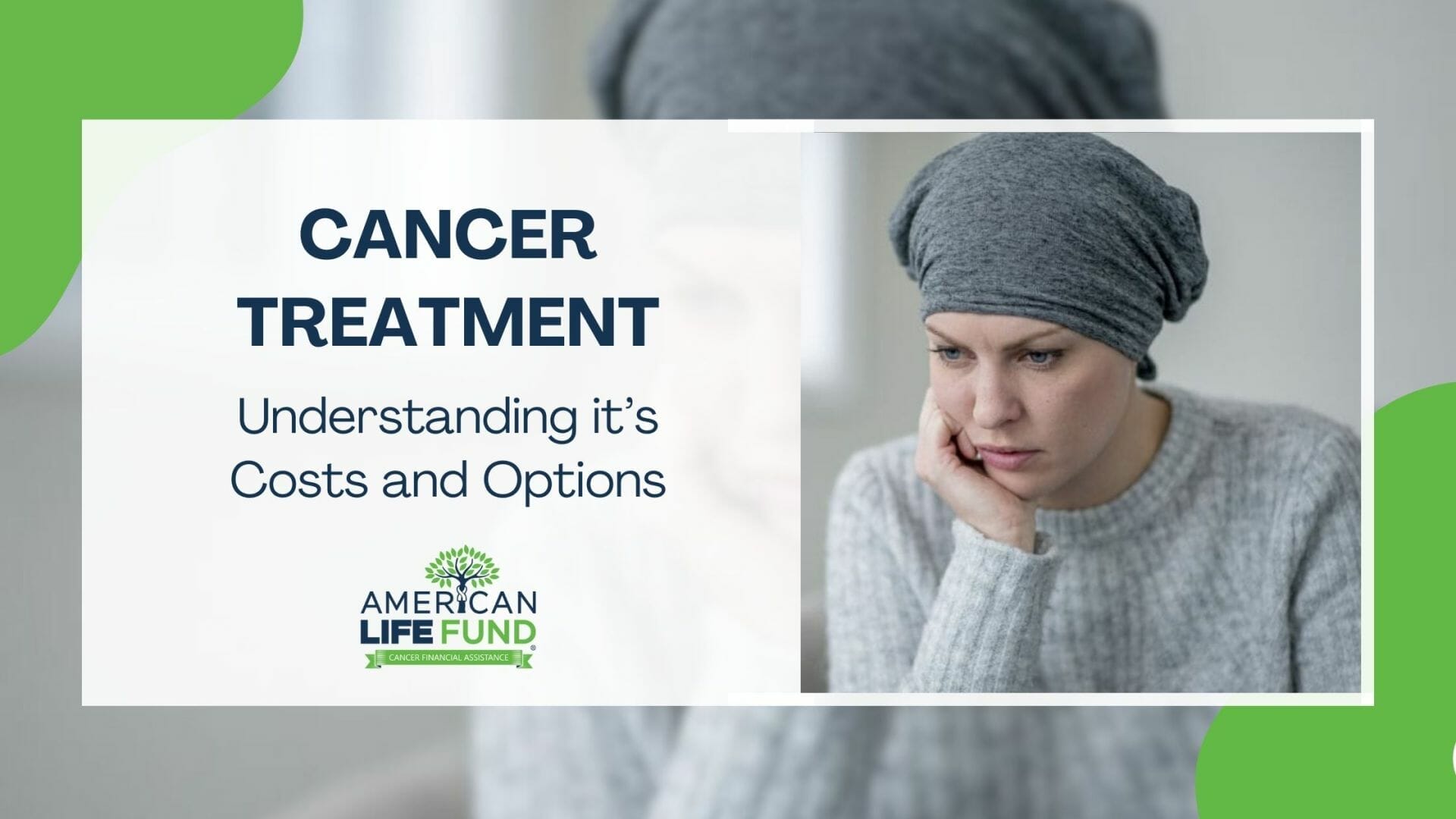
Managing The Costs of Cancer Treatment
Even if you have health insurance, cancer treatment may be costly. Asking your health insurance company about your benefits and planning for a payment plan might help you manage the expenses of cancer therapy. It might also include cash to pay for chemotherapy and other treatments and non-medical expenditures such as utilities and transportation.
Here are the steps to help you manage the costs of cancer treatments.
#1. Understand Your Medical Costs From The Start And Know Them in Advance.
It is critical to understand your cancer treatment costs, whether you are feeling financially secure or concerned about being unable to pay for treatments. Because there are many specialists involved, the sort of cancer you have, and the various tests and treatments you may require, it’s crucial to comprehend what expenses you can anticipate.
Know in advance what you’ll have to pay for. Depending on where you reside, whether or not you have insurance, and what each facility charges, costs vary considerably. It would help if you considered the expenses of medicines, travel, childcare, and any other factors that might be affected by your cancer diagnosis. The most effective way to prevent surprises is to prepare ahead of time.
#2: Understand The Expenses of Clinical Trials.
There are two types of expenses associated with being a part of a clinical trial: patient care fees and research study costs.
- Patient care costs – expenses related to treating your cancer, whether in a trial or receiving regular treatment – are frequently reimbursed by health insurance. Doctor visits, hospital stays, standard cancer therapies, treatments to alleviate cancer symptoms or side effects of treatment, lab tests, x-rays, and other imaging tests are examples of these expenditures.
- Research costs are an itemized order of costs, The costs of these trials are often not covered by health insurance, but the trial’s sponsor may reimburse them. These expenses include the study drug, lab tests done solely for research purposes, additional x-rays, and imaging examinations done only for the trial.
#3: Learn About Payment Options For Medical Bills.
Contact the billing department or a financial counselor at the hospital if you’re concerned about paying medical expenses. Inquire about alternatives to making payments easier, such as:
- Payment plans
- Reduced rates
- Patient assistance
- Help from charities
#4: Talk to Your Doctors About Care And Treatment Costs.
Tell your healthcare provider if you believe the cost of medical treatment would be a financial strain on you. You’ll probably feel uncomfortable discussing these topics, but your healthcare teams are prepared to assist you. Your doctors want to understand how your expenditures are affecting you. This information will help them decide on the best treatments, medicines, and centers based on cost and efficacy. Some patients believe that talking about their problems with their doctor makes them feel better.
#5: Consider Obtaining Assistance From Hospital Social Workers.
Hospital social workers are valuable resources for patients and families. They are trained to help with a broad range of problems, including money matters. Social workers can assist you in making decisions about your cancer treatment and living arrangements. They might also be able to recommend community resources to help with everyday costs, such as transportation or childcare.
Social workers may be able to suggest organizations or other programs that can assist you in paying for cancer care.
#6: Contact Your Human Resources Office at Work.
If you have an employer, talk to the human resources person about what you are going through. They might be able to help understand the insurance policy and provide timely advice and support. You may want to examine if your insurance policy requires a lot of paperwork or documentation from your employer and co-workers.
#8: Get Extra Assistance Understanding Your Medical Expenses.
It’s natural to be perplexed by your bills, so don’t be hesitant to ask questions and reach out to:
- Somebody within the charging office or a social worker at the hospital
- Your neighborhood Protections Commissioner’s Office
- Non-profit cancer organizations that give help with costs and protections
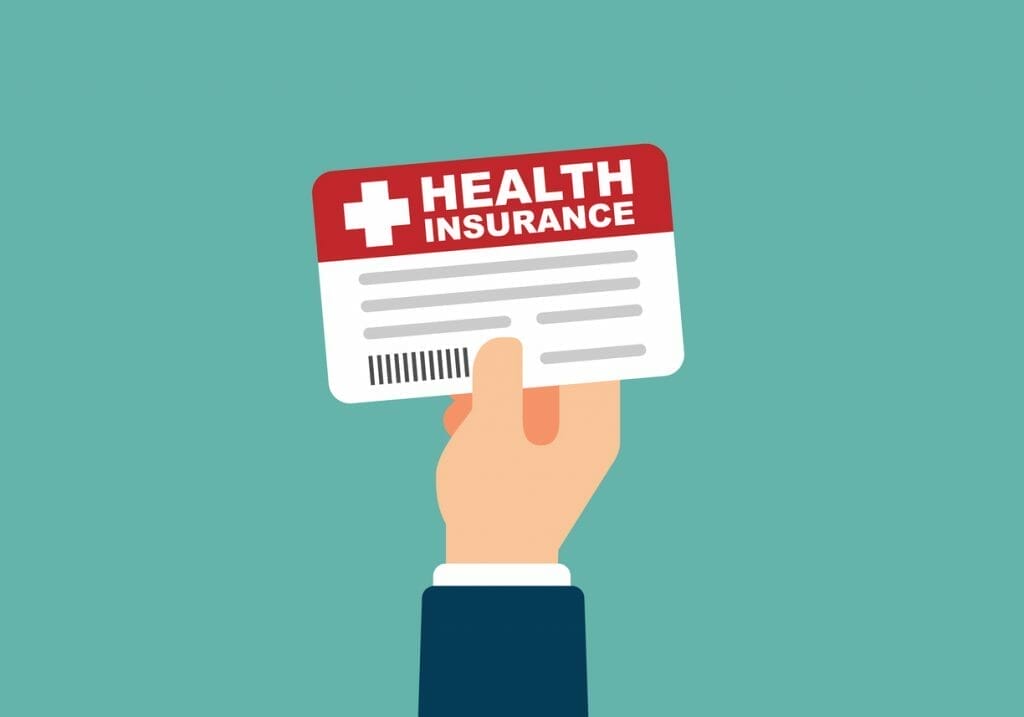
Steps to Understand Your Health Insurance Coverage
It’s natural to be unsure what your health insurance covers and how it works. But it’s critical to understand your policy and establish a systematic method for paying medical bills. Dealing with insurance may be time-consuming and difficult, especially with cancer treatment. Here are the key steps to be ahead:
#1: Contact Your Health Insurance Provider And Talk to a Benefits Representative.
Make sure you have your insurance card. Examine which examinations, therapies, and medications are covered by your policy and which are not. Inquire if there are any lifetime maximums on your coverage.
#2: Inquire About Co-payments, Deductibles, Coinsurance, And Other Expenses.
Some government and private organizations offer help with paying for cancer-related costs. A few assets may help with costs not secured by protection, for example, wigs and transportation. Understanding these prices while your care is still in development is critical so you aren’t blindsided.
You should inquire if there are any co-pays upfront and how much they will be. Being informed of these expenses ahead of time will help you budget and avoid any financial surprises.
#3: Make Payments on Time And Per Your Medical Bills.
Learn how to pay off your account. Do you file a claim, for example? Is the insurance company responsible for payment first? Alternatively, do you pay the bill and then receive reimbursement?
#4: Understand Your Explanation of Benefits (EOB) Forms.
Your insurance company’s EOBs are the documents you receive detailing the cost of services and treatments you received and how much of the fee was covered by your policy. EOBs are not bills in any way.
#5: Learn How to Acquire Uncovered Treatment Approval.
If your doctor thinks you need a test or treatment that isn’t covered by your insurance, you may wish to inquire about obtaining a letter stating why it is required. You’ll have to write a letter to the insurance firm, then submit it. If the company refuses to pay for the therapy or operation, you can pursue an appeal.
#6: Learn How to Appeal Insurance Claim Denials.
You have the right to appeal any service or therapy your insurance company has rejected as a health-insured member. While the appeal procedure may be time-consuming and emotionally draining, it can also be worthwhile.
You’ll need to write letters, make phone calls, and collect information from your medical practitioners and other health-related professionals. Appeals are decided on a case-by-case basis.
It’s usually good to work with a patient advocate who can assist you through the process. Many hospitals and cancer centers have specialists on staff who can help or, at the very least, direct you to someone in your region who can assist you.
The Patient Advocate Foundation offers expert case management services as a non-profit organization. They are fantastic at assisting you in overcoming an insurance denial, regardless of whether your policy specifies the terms of coverage.
#7: File a Request For Case Management With Your Insurance Company.
Filing a case management request will allow you to talk with the same person every time you have a question or problem. This is important because it can be difficult to keep track of all the details when dealing with a cancer diagnosis.
Be sure to include your name, address, phone number, and policy number in your request. You’ll also need to specify that you’re requesting case management services for cancer treatment. It’s helpful to include the names of your doctors and other health care providers in your request as well. Remember, knowledge is power!

What if You Don’t Have Health Insurance?
Cancer is a difficult and tragic experience. It’s harder to confront cancer without health insurance, especially if you don’t know what your treatment will cost or how much longer you have to live. Costs accumulate, causing financial strain that can impede the healing process. “Financial toxicity” is the term used by some oncologists to describe this additional burden.
According to Cancer Facts & Figures, an estimated 1.9 million new cancer cases will be diagnosed and 609,360 cancer deaths in the United States this year. At the same time, 8.6 percent of people do not have health insurance, according to 2020 Census statistics.
You can not be denied cancer treatment if you don’t have health insurance, but you will be charged for the full cost of treatment unless you:
- Negotiate your hospital bills.
- Apply for charity care.
Under state law, non-profit hospitals must provide charity care (also known as indigent care) to those in need. Each hospital has its criteria for eligibility.
Patient Assistance Programs For Patients With or Without Insurance
Patient Assistance Programs (PAPs) have emerged as a way for uninsured or underinsured people to get the medicines they require. Pharmaceutical companies typically sponsor these initiatives to give qualifying persons free or low-cost prescription drugs.
To be eligible for a PAP, patients must be residents of the United States and demonstrate a financial need. Income guidelines are different for each PAP, but patients with an annual income at or below 250-400% of the Federal Poverty Level (FPL) usually qualify.
PAPs may cover the cost of all or part of a patient’s prescription drugs. Some PAPs also help with the costs of insurance premiums, co-payments, and other out-of-pocket expenses associated with cancer.
If You Have a Job And Insurance
Because the standards are not always tied to income, don’t assume you’re out of luck if you have a job. PAPs were developed for those without insurance and those with insurance who cannot pay for their drugs. Although it is not required, most health insurance plans will cover a PAP exam if your healthcare provider approves. Your oncologist’s office will most likely be aware of the most up-to-date PAPs and can help you with enrollment if you are eligible.
Even if your income does not allow you to participate, the same businesses usually provide cost-sharing assistance programs (CAPs) to assist with out-of-pocket costs. The minimum income requirement is often 500% of the Federal Poverty Limit (FPL). Annual caps are typical, but savings add up quickly.
Visit HealthCare.gov if You Don’t Have Health Insurance
This is a database of health insurance alternatives provided by the U.S. Department of Health and Human Services for citizens to look for health coverage suitable to their unique life circumstances and neighborhood.
If you can’t pay for health insurance and are not eligible for Medicaid or Medicare, investigate charity care and sliding-scale solutions (where your income determines fees) at hospitals and clinics. Some hospitals are required by law to treat uninsured individuals. For more information, contact your local department of public health or social services or the business office of your chosen hospital.
Social Security Disability Insurance (SSDI) For People With Cancer
SSDI is a government-administered disability insurance program that may assist those who have worked and paid into Social Security in obtaining benefits. This benefit is only available to individuals who cannot work due to physical or mental illness. The SSDI application might be completed more quickly if you have cancer.
Who is Eligible For Social Security Disability Insurance?
- If you worked for a long time and had enough money taken out of your paychecks for Social Security (FICA).
- If you operate your own business and pay self-employment taxes.
- If you fulfill the Social Security Administration’s rigorous standards of disability to be eligible.
- Even if you have a low income or require financial assistance, you can still qualify for SSDI.
Appeal For SSDI, if Your Claim is Denied
An appeal can often lead to approval. The amount you receive from SSDI is determined by the length of your employment and how much Social Security tax was deducted from your wages. When you apply for SSDI, the disability clock begins ticking.
Other Options: Medicare And SSI
If your disability application is accepted, you should receive your first payment within six months after the date that the Social Security Administration determines that your condition began. You will also become eligible for Medicare after receiving SSDI benefits for two years.
If you cannot work due to a disability but do not qualify for SSDI, Supplemental Security Income (SSI) is an option. This plan may provide cash assistance to the unemployed, but it is calculated based on your earnings and needs. If you’re disabled and meet the requirements, your spouse and qualifying dependents can apply for SSDI.
It can take less time to be approved if you have certain severe diseases, such as some types of cancer. People who have a condition on the Compassionate Allowances list can get their claims reviewed more quickly by the Social Security Administration.
- To learn more about SSDI, visit the SSA’s website at www.ssa.gov, and choose “disability” under “Choose a topic.”
- To learn about Social Security benefits you may be eligible for, go to ssabest.benefits.gov.
- Visit your local Social Security office or call 1-800-772-1213 (TTY 1-800-325-0778). Have your Social Security number ready.
Difference Between SSDI & SSI
It’s important to note that SSDI (Social Security Disability Insurance) is not the same as SSI (Supplemental Security Income).
SSDI is for those who have worked long enough to qualify but haven’t paid enough into Social Security during their career or haven’t recently worked enough to be eligible for SSDI. Because their SSDI payment is so small, certain people employed for a short duration or whose income was extremely low may be eligible for SSDI and SSI. In that case, the SSI payment is deducted from the SSDI compensation received.
Medicare For Cancer Patients
Medicare is the country’s major health insurance program for individuals age 65 and over, although younger individuals with impairments might be eligible. If you want to learn more about the Medicare Prescription Drug Plan Finder and how it may assist you in choosing the ideal Medicare-approved prescription drug plan (also known as a Part D plan), go to the Medicare website or call 1-800-MEDICARE (1-800-633-4227).
The State Health Insurance Assistance Program (SHIP) website offers state-specific information, referrals, and counseling to Medicare recipients and their caregivers. You can discover how to save money on medication, what to do if you have additional insurance, and the claims and appeal processes, among other things.
Medicaid For Cancer Patients
Low-income individuals and their families may get health insurance through Medicaid. Medicaid covers medical expenses such as doctor visits, hospitalizations, and prescription drugs. Medicaid is a state-administered program financed by both the federal and state governments. Each state may have different criteria for eligibility and services covered. To determine what your state covers, contact your state’s Department of Insurance. Contact the Center for Medicare and Medicaid Services for queries regarding Medicaid coverage at 1-877-267-2323.
State Health Departments
The government manages each state’s Medicaid program. Each state has its income and asset thresholds and various benefits. In many situations, the campaign is known by a different name. Contact your state’s Department of Health for more information on requirements and how to apply.
Call the U.S. Department of Health and Human Services’ toll-free number 1-877-696-6775 or use the website to locate your state’s health department.

How to Save Money on Pain Medicine
Cancer pain is a typical side effect of cancer treatment and the disease itself. Do not skip your doses or save them for later. Skipping doses will jeopardize your pain management. If the expense of pain medication is putting a strain on your finances, discuss it with your doctor.
Consider the following strategies to save money on pain medication:
- Ask your doctor if there are generic brands of your medicine available. Many people ask if they should use the generic form or not. This generally costs less than brand-name medicines. You may also inquire about the drug’s form. Pills may be less expensive than other types of medicine.
- If you’re taking any two-tablet medications, talk to your doctor. All-in-one drugs, often known as fixed-dose combinations (FDCs), are more expensive than component medicines. If you don’t mind taking three pills rather than one, this could be a cost-saving option.
- Before you pay for a prescription, ask your doctor for medication samples. Opioid prescriptions cannot be obtained in the form of samples. However, you may ask your doctor for just part of the prescription. If there are any concerns, ask the pharmacist about them. This way, you can ensure that the medicine is appropriate for you before purchasing the rest of it.
- Pay only for what you buy! You may be required to pay the same amount for part of or the entire prescription under some insurance plans. Find out what would work best for you.
- Learn about low-cost prescription plans. Some companies and organizations have special programs that assist pay for prescription drugs. Inquire with your social worker about these initiatives.
- Use pharmacies and drug price comparison sites. Call your local pharmacy and ask for the exact pharmaceutical you want, including the dose and amount. Then repeat the process with other pharmacies in your region. There may be a significant price variation from one pharmacy to the next. It’s good to shop around for non chemotherapy drugs before paying out of pocket.
- Don’t be seduced by internet pharmacies that offer fantastic prices for branded prescription medicines. Many of them provide you with the tools to perform fast price comparisons among several pharmacies and mail-order services in their network. You may also be able to conduct price comparisons on your insurance company’s website.
- Ask if you can purchase your prescription medications from a mail-order pharmacy. Some insurance companies provide the option of receiving medications from mail-order pharmacies. Mail-order may be a cheaper alternative to purchasing medicine at a local pharmacy. However, make sure the drug is suitable for you. Also, keep in mind that you won’t be able to buy massive amounts of opioids through the mail or over the Internet.
- Contact NeedyMeds. NeedyMeds is a not-for-profit organization dedicated to connecting persons with programs that will enable them to afford their medicines or other health-related expenditures and offer information about various drug assistance programs. NeedyMeds also provides its discount medication card, which can be printed out for free on its website. It may be obtained at certain pharmacies, but it cannot be used while insured.
Other Resources For Cancer-Related Expenses
The main expenses associated with a cancer diagnosis and treatment include hospital stays, clinic visits, medicines, tests, operations, procedures, home health services, doctors’ fees, and other professionals’ charges. These expenditures will be covered if you have health insurance through a managed care organization or a public health care program.
Health insurance is crucial if your cancer treatment needs chemotherapy. Another factor to consider is that having cancer entails several indirect expenses and regular costs.
Cancers may get more costly for various causes, including when cancer therapy is prolonged or changed, unexpected side effects occur, or the illness returns. Working while being treated for cancer might lead to delays at school or employment and lower salaries.
The additional costs associated with cancer may be the first time a family has ever experienced money trouble. Most families find it difficult to get help from other people or public institutions, and external groups when they need financial assistance. Here are some things you may do to save money.

How to Pay For Cancer Drugs With Life Insurance
A viatical settlement is a way to finance the costs of cancer treatment drugs by selling your life insurance policy to a third party. This type of arrangement is typically used by people who have been diagnosed with a life-threatening illness and do not have the financial resources to pay for their medical care. The proceeds from the sale of the policy are used to pay for treatment, cancer drugs, living expenses, or any other debts or expenses.
Assistance With Short-term Housing Near The Cancer Treatment Center
Treatment and rehabilitation facilities may offer short-term housing or discounts on local accommodations and hotels. A clinical social worker or oncology nurse may be aware of low-cost housing alternatives while treatment continues.
The Hope Lodge program of the American Cancer Society can provide free lodging to families undergoing cancer therapy thousands of miles away from home. You may contact them to find out whether a Hope Lodge is near your therapy center.
The Healthcare Hospitality Network is another option for individuals or children with cancer who want to volunteer at a hospital. These organizations, including more than 180 other non-profit agencies across the United States, provide free or low-cost family-centered lodging to people undergoing medical treatment away from home.
The Ronald McDonald House network and several care centers are available for families of children with cancer. Cancer therapy for children frequently necessitates participation in a pediatric treatment center. The Ronald McDonald Houses are designed to give low-cost or free accommodation to patients and their immediate families, not only low-income families.
Each House is run by its management, has its own admissions standards, and follows its regulations. Families must be recommended by medical staff or social workers at the treatment center. McDonald’s Children’s Charities provide the funds for the initiative. For assistance, call Ronald McDonald House Charities at 630-623-7048 or go to www.rmhc.org.
Other Non-profit Organizations That Provide Financial & Legal Help
There are a plethora of non-profit resources that educate patients about financial and legal concerns, including:
- Triage CancerExit is a free legal and practical service and a Cancer Finance tool that can assist you in navigating some key elements of the cancer journey.
- Patient Advocate Foundation (PAF) is a national non-profit that provides patient services and education on insurance, co-payments, debt crisis, job retention, and end-of-life care.
- The Cancer Legal Resource Center (CLRC) can help if you have questions about your insurance coverage or need help with an insurance claim denial.
- CancerCare.org provides financial assistance and resources for obtaining financial help.

Get Help With Other Expenses
Food Costs
Several government programs assist low-income people with food or food costs. Families may qualify for different types of assistance. The U.S. Department of Agriculture maintains a list of food assistance programs for various categories of people, each with its criteria. The National Hunger Hotline is a national, toll-free number that offers information about emergency food assistance programs in the United States.
The Temporary Assistance for Needy Families (TANF) is a grant program that provides money to those who have low earnings. It provides a monthly stipend to assist pay for food, clothing, housing, utilities, transportation, phone service, and medical supplies not covered by Medicaid. A social worker can explain your state’s plan to you or connect you with the appropriate agency in your area.
Dental Care
Your cancer doctor may advise you to visit a dentist if you have certain forms of cancer before beginning treatment. Dental treatment may entail anything from a complete examination and cleaning to the extraction of teeth that are no longer viable. If you don’t have dental insurance or cover a limited amount, you might need to look for additional alternatives in your area. NeedyMeds maintains a list of dental offices that provide free or low-cost treatment based on income or other financial assistance.
Allowance For Caregiver Expenditures
Some people are compensated for their time spent caregiving. Cash and counseling programs are available in some areas, allowing caregivers to be compensated immediately. If your state has a cash and counseling program, you can inquire about it with your local Medicaid office, social services, or health department.
Transportation For Cancer Treatments
The San Antonio Medical Angels provide low-cost charity transportation for patients. This organization works with both professional and volunteer drivers. More information may be found on the Internet at mercymedical.org regarding this service.
Medicaid beneficiaries may be eligible for assistance with transportation to cancer treatment centers and doctors’ offices. This might mean receiving money or being reimbursed for gas, bus fare, or the use of a vanpool. Transportation assistance is provided by the Department of Social Services in each state, but families must request it through their Medicaid caseworker.
Paratransit (door-to-door) services are available to individuals with disabilities that prevent them from using fixed-route public transportation. Local transit options may help those looking for a less expensive way. Check with your local public transit provider to see what alternatives and prices are available in your region.
The American Cancer Society’s Road To Recovery® program may be accessed in certain regions. Trained volunteers transport patients and families to hospitals and clinics for medical care. The American Cancer Society may be able to help. Call 1-800-227-2345 and ask whether they have any funds available in your region.
For individuals with blood disorders (leukemia, lymphoma, and myeloma), the Leukemia & Lymphoma Society, through its Patient Aid program, can assist with the cost of transportation and parking for outpatient care.
Some church groups may also be able to assist with travel and lodging expenses.
Home Necessities or Mortgage Payments
If you have to care for your family, a loss of income due to sickness or the cost of cancer therapy may make it difficult for families to pay their mortgage or rent on time. If you need to stay in your house, discuss the issue with your lender or landlord and try to come up with creative solutions. If you’re having difficulties with your current ISP, family, friends, or church members may be able to assist you temporarily if they are aware of the problem.
If you’re dealing with a cancer diagnosis, the best thing you can do for your family is find out whether low-cost or government-supported housing options are available in your area. It may be found under the health or welfare department in some states. This is an ideal opportunity if you have an advanced or terminal illness and want to discuss it with the cancer treatment team social worker, who may be familiar with unique resources.
In Conclusion
With the high cost of cancer drugs, many people are forced to make difficult choices. Some people may choose to go without treatment, while others may ration their medication. Some people may feel like they are choosing between their health and financial stability.
No matter what choice a person makes, there are many ways to pay for cancer drugs and many resources available.
Further Reading
